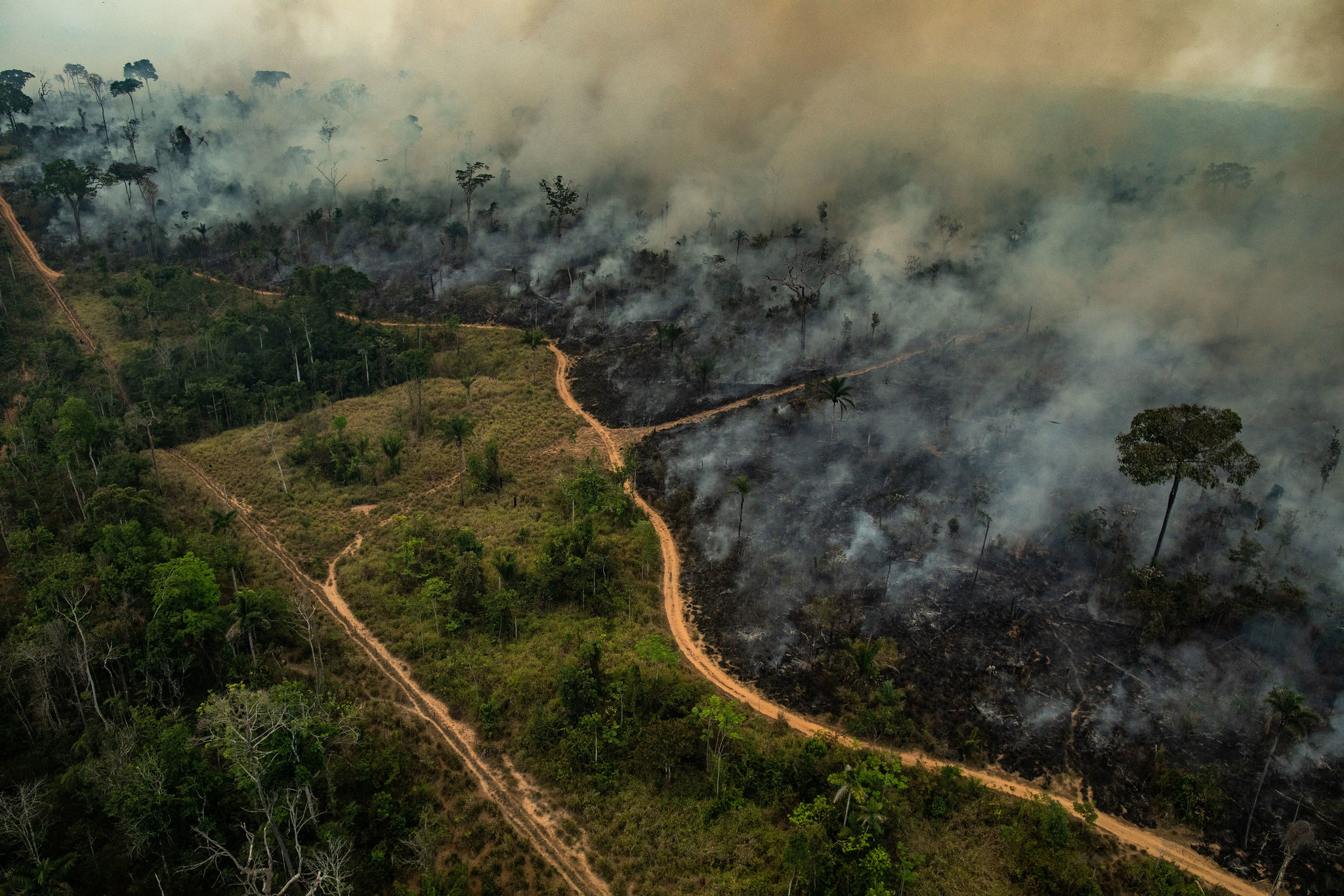Europe’s leading event dedicated to climate change adaptation, ECCA2025, is officially underway.
A key moment in the climate policy calendar, ECCA2025 brings together players from across Europe and beyond, with the aim of accelerating action on climate change adaptation. Under the theme “Smarter, Faster and More Systemic Adaptation”, the conference is a meeting point for research, innovative solutions, real-world experiences, and public policies, working together to build a more climate-resilient society.
The conference is organized by CMCC as part of the Horizon Europe MAGICA project, in collaboration with JPI Climate and with the partnership of the European Space Agency (ESA).
Read on for some of the key moments from day one.
“Climate adaptation is not a 100-meter sprint – it’s a marathon,” says CMCC President and Chair of JPI Climate Antonio Navarra during the opening plenary session remarks. “As the international conversation on mitigation slows down, the importance of adaptation is becoming increasingly evident. But there are challenges. First, we live in an era of information overload, yet much of this information is unreliable. So the key question is: how do we build trust and reinforce the role of experts? Second, we need scientific data and information that are not only reliable but also localized and relevant. And finally, we must go beyond the data: we need to connect scientific results with society, with local policymaking, and with public consensus.”
The first plenary session focused on climate adaptation from the ground, highlighting how local and regional authorities across Europe are actively responding to the increasing impacts of climate change and reinforcing the idea that adaptation is inherently local. The session featured contributions from representatives of municipalities such as the Municipality of Rimini, the Metropolitan City of Milan, the City Council of Dublin, and the City Assembly of Zagreb, who shared experiences, ongoing and future projects, strategic approaches, and the practical challenges of implementing climate adaptation on a local scale.
The session opened with a live message from 78°13′ N 15°33′ E, the northernmost inhabited town in the world, located in the Svalbard Islands – the kingdom of the polar bear. This symbolic location is also one of the most exposed to the effects of climate change: here, temperatures are rising faster than the global average, and the signs of change are unmistakable. Unusually warm conditions are profoundly altering the local environment: permafrost is thawing, avalanches are becoming more frequent, and shifts in flora and fauna are clearly visible. The message from this climate outpost is clear: the climate is changing fast.
Following the plenary, the conference continued with three thematic panels exploring key sectors and enablers of climate adaptation. The first panel focused on Funding and Financing Adaptation, bringing together perspectives from the EU, banking, and insurance sectors to discuss the role of financial instruments in supporting resilience strategies. The second panel addressed Water Innovation and its role in the food, beverage, and agribusiness sectors, highlighting solutions for managing water resources under climate stress. The third panel examined Energy, Infrastructure, and Heavy Industry, with a focus on how technology and innovation can drive a climate-resilient transition in some of the most emission-intensive sectors.
“Today has been a catalyst for action, dialogue, deep listening, and inspiration,” says Giulia Galluccio, Director of the Advanced Training and Education Center at the CMCC Foundation, in her closing remarks, which were followed by Petra Manderscheid, Executive Director of JPI Climate: “We’re not just talking about policies or strategies – we’re talking about people. With over 600 participants from across Europe and beyond, and more than 40 sessions ahead, the next two days promise to build on the momentum.”
The full program and all the information on ECCA2025 are available at: https://www.ecca2025.eu/






